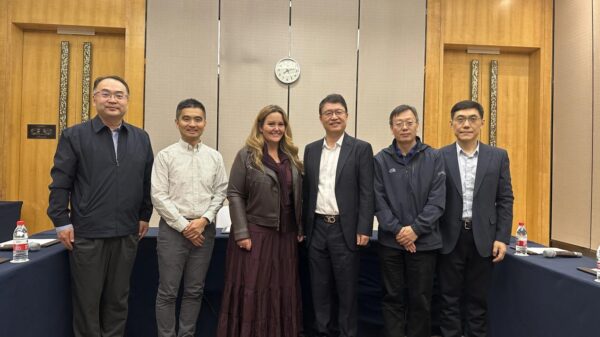Tensions between China and Japan have escalated following the Chinese government’s warning to citizens against studying and traveling to Japan. This warning coincided with the deployment of coast guard vessels in waters surrounding the Senkaku Islands, which are administered by Japan but claimed by China as the Diaoyu Islands. The situation reflects deepening discord between the two nations, particularly concerning issues related to Taiwan.
On November 15, 2023, the China Coast Guard issued a statement regarding its patrol activities, asserting that they aim to uphold China’s “rights and interests” in the area. The patrols are part of what the Chinese Communist Party (CCP) describes as “rights enforcement patrols” in the East China Sea. The islands in question, uninhabited yet strategically significant, have long been a point of contention between the two countries.
The CCP’s warning to its citizens adds another layer to the rising hostilities. By discouraging travel and academic pursuits in Japan, China appears to be reinforcing its stance on territorial claims while also stoking nationalistic sentiments among its population. This development comes at a time when geopolitical tensions in the region are already heightened, particularly due to ongoing disputes over Taiwan.
In recent months, the relationship between China and Japan has been increasingly strained, with both nations engaging in diplomatic exchanges that often reflect their historical grievances. Japan’s administration of the Senkaku Islands has been met with persistent challenges from China, which maintains its claim through regular coast guard patrols and other demonstrations of presence in the region.
Analysts suggest that these patrols are not merely about asserting territorial claims; they also serve as a show of strength in the face of perceived threats from Japan and the broader international community. The East China Sea, rich in resources and strategic shipping lanes, remains a focal point for both countries as they navigate their complex relationship.
This latest escalation highlights the delicate balance of power in the region. As Japan continues to strengthen its defense capabilities, China’s maritime assertiveness is likely to provoke further reactions. The potential for miscalculation in such a charged atmosphere raises concerns about the stability of East Asia.
In conclusion, the situation around the Senkaku Islands is emblematic of the broader geopolitical dynamics at play in the Asia-Pacific region. Ongoing patrols by the China Coast Guard, combined with the CCP’s warnings to its citizens, signal a commitment to assert its claims over the islands, while Japan remains resolute in its administration of them. The coming months will be crucial in determining how this situation unfolds and what implications it may have for regional security.






































































